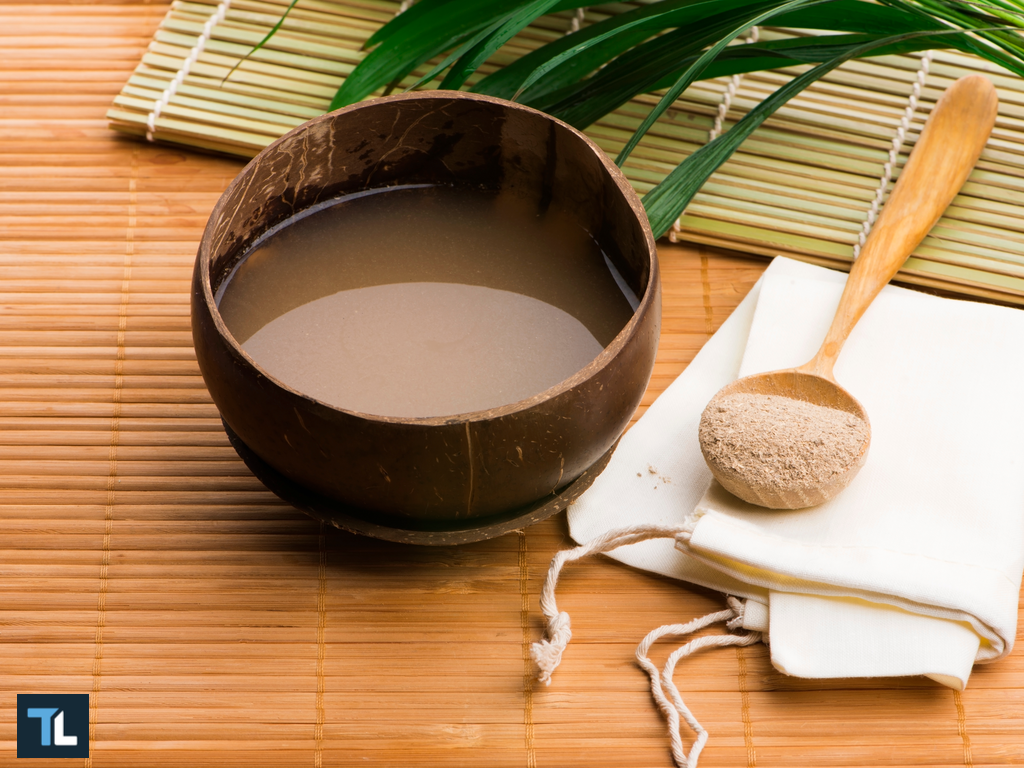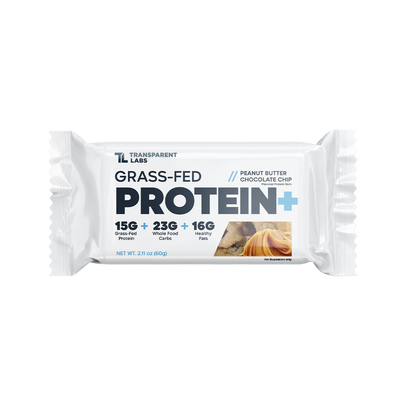Beginner's Kava Kava Guide: Benefits, Risks, & Dosing

Guide to Kava Kava: Benefits and Health Risks
Kava kava (Piper methysticum), also referred to as "kava," is a crop originating from South Pacific islands and belongs to the same family of plants as black pepper (Piper nigrum). The term “kava” generally denotes a root extract of Piper methysticum. Kava tea and tinctures have been used for centuries as herbal remedies to improve mood and treat anxiety disorders.
The distinct and numerous constituents in the kava plant, notably kavapyrones and kavalactones, are suggested to be potent nootropics and anxiolytics [1]. Pacific islanders will consume a kava kava drink — made from fresh kava root — to relieve anxiety (and on ceremonious occasions). If you're familiar with L-theanine, kava kava is similar in that it promotes a sense of attentive calmness.
Kava kava bars are popping throughout the United States for eager holistic health fanatics to experience the putative calming effects of kava tea. Likewise, kava kava supplements are proliferating and gaining traction in complementary and alternative medicine practices.
While there is research suggesting kava kava is effective at treating clinical anxiety, a sizable body of evidence has also linked kava consumption to severe liver damage and liver disease [2]. Controversy persists as to whether kava hepatotoxicity is a result of native plant constituents or tainted raw materials and modern agricultural practices [3].
So, before you jump on the bandwagon, it’s imperative to understand both the potential benefits and drawbacks of kava use. Read on to learn all about how kava works and what research has shown thus far.
How Does Kava Work?
The primary bioactive constituents in kava kava are kavapyrones and kavalactones [4]. Notable compounds include:
- Kavain
- Dihydrokavain
- Yangonin
- Desmethoxyyangonin
- Methysiticin
- Dihydromethysiticin
After taking kava kava orally (e.g. via dietary supplement, tincture, or tea) these constituents readily cross the blood-brain barrier and exert nootropic effects within roughly 45 minutes. Kavapyrones and kavalactones appear to work through a mechanism mediated by gamma-aminobutyric acid (GABA) and serotonin, two of the main neurotransmitters implicated in anxiety disorders and depression [5, 6, 7].
The anxiolytic properties of kava have been substantiated in several clinical trials [8]. One such study enrolling 60 adults with generalized anxiety disorder (GAD) found that those taking a daily kava supplement — providing 250 mg of kavalactones — had significantly lower Hamilton Anxiety Scale (HAS) scores by the end of the study period (which was just three weeks) [9]. Those taking a placebo had increases in their HAS scores, meaning their anxiety symptoms worsened.
The bioactive constituents in kava kava also seem to increase dopamine levels in the central nervous system (CNS). Though, the dopaminergic effects of kava are paradoxical since certain kavalactones have been shown to reduce dopamine activity.
For example, isolated yangonin and kavain reduced dopamine levels by upwards of 50% versus baseline values in one study, whereas dihydrokavain and desmethoxyyangonin induced a steady rise of dopamine over the course of several hours [10]. Further research is necessary to elucidate which kava constituents predictably upregulate dopamine activity in the CNS.
What Are the Benefits of Kava Kava?
Kava has versatile nootropic effects, with research focusing largely on its anxiety-reducing actions. Most kava users agree that the mood-enhancing property of this plant extract makes it an intriguing herbal remedy, even if you’re not someone who feels anxious often.
Evidence-based benefits of kava use may include [11]:
- Alleviating symptoms of anxiety and depression
- Supporting calmness without hindering cognitive function
- Promoting a sense of well-being and improving mood
- Slowing neurodegenerative processes
- Improving sleep duration and quality, especially in those with sleep disorders
Note that benzodiazepines and other anti-anxiety medications are likely to have drug-drug interactions with kava kava. As always, don’t replace your current medications with kava (or any dietary supplements) until you’ve consulted with a qualified healthcare provider.
Use of Kava Extract Dietary Supplements

Effective kava doses may range anywhere from 100 mg to 500 mg per day, though the risk of side effects and severe liver injury increases with larger doses. Out of an abundance of caution, it's best to start on the low end of the range and work your way up over the course of several days (if necessary). Always refer to the product label to determine accurate dosing.
Kava Root Dose Guidelines
Based on empirical evidence, kava extract is relatively safe and well-tolerated in doses between 140-280 mg per day for up to 8 weeks [12]. Be wary that consuming kava-containing dietary supplements or a traditional kava beverage carries some health risks. Unfortunately, standardization and quality control regulations are lacking with many herbal remedies, especially kava products.
Kava extract WS-1490 was the "gold standard" extract due to its abundant kavalactone composition, but it was withdrawn from the marketplace after concerning reports of associated liver toxicity and liver failure [13]. Kava extract LI150, on the other hand, provides a respectable 30% kavapyrones and is allegedly 15 times more potent than generic kava root extract supplements.
Kava Kava Side Effects
Most studies note that the adverse effects of kava use are quite rare in the dose range outlined above [14]. However, exorbitant doses (3000 mg or more per day) of kava may cause transient symptoms such as nausea, shortness of breath, hallucinations, and disorientation.
A perplexing idiosyncrasy of kava use is that it has can cause chronic liver damage in some individuals, yet many cultures have been consuming kava tea for ages and there’s no documented evidence that these populations have a higher incidence of liver disease or injury. It remains unclear what constituents are responsible for kava hepatoxicity, but a plausible mechanism is that specific kavalactones may inhibit crucial liver enzymes and reduce glutathione content [15].
Take-Home Points
Mechanistically speaking, research suggests that kava kava works by modulating levels of GABA, dopamine, and serotonin in the brain/CNS. Further studies are essential to fully characterize the biological effects of various kavalactones and kavapyrones.
Importantly, kava supplements and kava teas remain a concern of the Food and Drug Administration due to their poor track record and anecdotal reports of corollary liver damage. While kava extracts have promising therapeutic properties, they are frequently made from low-quality raw materials and lack standardization. As such, the use of kava as an herbal remedy may lead to inconsistent and undesirable side effects — or worse, irreversible liver problems.
If you decide to use an herbal supplement containing kava, be sure it's formulated with a quality kava extract such as kava kava LI150. Generic kava root extracts are riskier since they typically lack the strict standardization and potency that patented forms offer.
Looking for a kava alternative to relieve stress and improve mood? Check out this Guide to Ashwagandha supplements!









